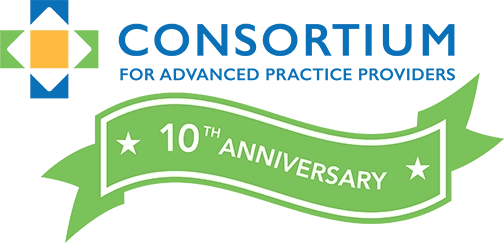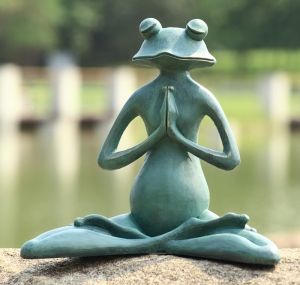Erene Stergiopoulos is an author, an educational researcher, a decade-long cancer patient and now a third-year medical student at the University of Toronto. She recently wrote about the cloak of superhuman invulnerability that is worn by many in the helping professions. Erene expressed eloquently how experiencing life as a patient has informed her view of healthcare and had a positive impact on her role as a future provider. She notes that in medical education, students learn about disease, but not what it’s like to live with disease.
After reading her article, I remembered an experience I had last year.
We had a wonderful visit from our grandchildren. Unfortunately, I caught their sniffles which turned into a miserable “chest cold”. I called my primary care provider but couldn’t get an appointment before leaving on a cross-country flight to meet with colleagues and run a workshop. I wasn’t going to succumb to an annoying cold; I was strong. I traveled and ran the workshop; I was a professional. Meanwhile, I was wheezing and wracked by coughing spasms. Somehow it was more important to persevere, exposing everyone around me to what turned out to be mycoplasma pneumonia accompanied by bronchitis and a sinus infection. I should have stayed home.
I don’t want to think of my choice to go to the workshop as arrogance or a fear of being perceived as weak, but rather as adhering to a deeply held belief that I had important obligations that needed to be met. The truth is, regardless of my motivation, it was a ridiculous and irresponsible thing to do. My discomfort with my own vulnerability overwhelmed my good sense. Clearly, I wasn’t modelling a reasoned approach to health!
As you might surmise, I find personal illness to be profoundly annoying and incredibly disruptive. I take health for granted until illness prompts a belated appreciation of wellness and perhaps, a nudge towards a more generous attitude regarding our personal vulnerabilities. It’s a reminder of the strength of those who create health in the context of illness every day. Illness can serve as a crucible reminding us of the gifts of human frailty – a capacity for compassion and empathy.
Erene’s article prompted me to reflect on how I felt about my own experiences with illness and disease. It occurred to me that parsing the word “disease” into its syllables, “dis” and “ease”, captured exactly the tenor of my feelings on the topic. I decided to check out the origins of the work with the Oxford Dictionaries. Turns out that the word disease dates back to the fifth century and the Old French word “desaise” which meant “lack of ease.” Jump forward to England in the 1100-1500’s, “disease” took on the additional meaning of “inconvenience.” What an apt description of the feeling of discomfort that I and many healthcare providers seem to experience when confronted with our personal physical or mental vulnerabilities.
While nursing has an explicit focus on patient-centered care, I have witnessed time and again, the professional expectation of invulnerability to human frailty and its consequences. This culture of invulnerability is maintained at a cost. Much as we’d all like to believe that Superwoman is real, we all know that she’s a cartoon character.
Formal research about work-life balance is evolving. David Guest wrote the seminal article in 2002 outlining core theoretical and definitional issues, as well as the need for carefully designed studies. He concluded that the phrase ‘work-life balance’ is a metaphor that means different things to different people and different cultures. Interestingly, imbalance is not inherently bad; sometimes it is desirable. It depends…
Within organizational psychology, there is now an accepted tenet that “the extent to which employees perceive their organizations as being responsive to their work-family issues has been associated with greater job satisfaction, organizational commitment, work functioning, and family functioning, as well as less work-family conflict and lower turnover intentions.”
In our roles as mentors, teachers and colleagues, let’s model a balanced life — a healthy perspective on professional commitment balanced with personal fulfillment. When we are ill, take time to heal. When we are exhausted, make time to rest. When we need to be replenished spiritually, seek solace. When we haven’t connected with those we care for, remember that time past is time lost. Take your vacation time and encourage your trainees to do the same. It’s the height of summer – enjoy! I’m going to take some of my own advice and take the weekend off…
Wrapping it up with the Beatles’s “A Hard Day’s Night”:
“It’s been a hard day’s night,
And I’ve been working like a dog.
It’s been a hard day’s night,
I should be sleeping like a log.
But when I get home to you
I find the things that you do
Will make me feel alright.”
Until next time, in peace and health,
Candice


